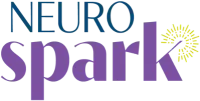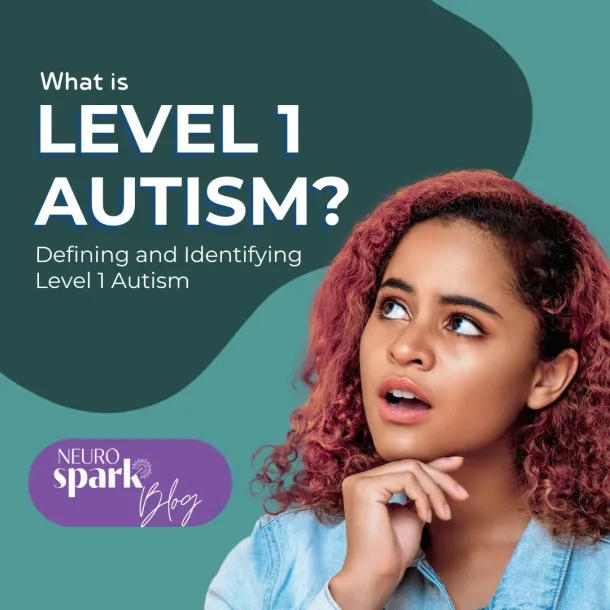Asperger’s vs Autism: What’s the Difference?

Table of Contents:
Autism is often misunderstood, especially when it comes to its historical differentiation between Asperger’s syndrome and autism. Asperger’s was initially considered its own distinct diagnosis, but in 2013, the DSM-5 merged it with the broader category of autism.
This blog discusses Asperger’s vs Autism, the key differences, and how the diagnosis has evolved over time.
The History of Asperger’s and Autism
Asperger’s disorder was first identified in the 1940s by Hans Asperger. It was included in the DSM-4 as a separate diagnosis until 2013, when it was merged under the umbrella of F84.0 Autism Spectrum Disorder (ASD) in the DSM-5. The shift from considering Asperger’s as a separate diagnosis to including it within autism spectrum disorders (ASD) sparked ongoing debate.
Despite being removed as a diagnosis in the DSM-5, some continue to identify with the term Asperger’s due to personal significance. Many in the autistic community still use it as part of their self-identity, and that’s completely valid.
What’s the Difference Between Asperger’s and Autism?
Before the DSM-5 revision in 2013, Asperger’s was often referred to as “high-functioning autism” due to its similarity to autism, but with no language delays or cognitive impairment. However, there are four main differences between Asperger’s and autism as originally defined in the DSM-4.
4 Differences between Asperger’s and Autism (DSM-4)
Absence of a delay in language development
No significant cognitive delay
No requirement for symptom onset prior to age 3
Autism spectrum disorder includes a broader range of “symptoms”, including communication challenges
While Asperger’s was once considered “less severe” than autism, this classification led to misunderstanding. Instead of labeling autism as “high functioning” or “low functioning”, the modern understanding of autism focuses on support needs rather than a hierarchy of severity.
How Autism Diagnoses Have Evolved Over Time
Historically, autism was seen only in terms of more obvious developmental delays. However, F84.0 Autism Spectrum Disorder now covers a wider spectrum, including a variety of support levels. The DSM-5 categorizes autism into three levels of support needs rather than using outdated labels like “high-functioning” or “low-functioning.”
Since the merger of Asperger’s and autism in the DSM-5, the autistic community has continued to advocate for more nuanced and individualized diagnoses that don’t rely on “functioning labels” but on support needs and individual characteristics.
Read more: Types of Autism
Why the Asperger’s vs Autism Debate Still Matters
While the DSM-5 no longer uses Asperger’s as a distinct diagnosis, the discussion still holds weight within the autistic community. Many people with Asperger’s feel a strong connection to the term, and for them, it represents a significant part of their identity. Others have embraced the term “autistic” and prefer the broader, inclusive label it offers.
The core takeaway is that both terms describe individuals with autism who have unique challenges, including social difficulties, sensory sensitivities, and communication differences. However, the nuances of these traits and the support needs vary greatly from person to person, regardless of the label used.
Understanding Your Own Neurodivergent Identity
Whether you identify as autistic, Asperger’s, or another neurodivergent trait, exploring your identity is an important step toward self-understanding. If you’re considering whether you might be on the autism spectrum or wondering about past diagnoses, know that the autistic community offers a wealth of resources and guidance.
Self-diagnosis or informal exploration, including adult autism tests, is a powerful tool for understanding neurodivergent identity. Autism assessments can also be valuable tools for those seeking validation, a deeper understanding of their traits, or access to the resources that suit their needs.
How to Determine if You’re Autistic
Curious if you fall on the autism spectrum? Think about the traits of autism. Do any of these resonate with you?
Traits to Consider
- Difficulty with social interaction: You may find it hard to understand social cues or engage in conversations naturally.
- Sensory sensitivities: Lights, sounds, or textures may feel overwhelming.
- Repetitive behaviors: Engaging in repetitive tasks or routines may feel comforting or help you focus.
- Need for predictability: Struggling with sudden changes or disruptions to routines.
If these traits sound familiar, an autism evaluation may be helpful to clarify a diagnosis and connect you with resources that support your unique neurotype.
Read more: Is a Formal Evaluation Right for Me?
Key Takeaways
- Asperger’s vs Autism: While once considered separate, Asperger’s is now part of the broader autism spectrum.
- Diagnosis evolution: The DSM-5 moved away from functioning labels, focusing instead on individual support needs.
- Self-discovery: Embrace your neurodivergent identity—explore, understand, and accept yourself for who you are.
How NeuroSpark Health Supports You in Your Autism Exploration
At NeuroSpark Health, we specialize in helping individuals explore their neurodivergent identities. Whether you’re self-diagnosed, exploring your identity, or seeking a formal diagnosis, we offer services designed to help you find clarity.
We provide:
- One-on-one coaching: Tailored to your personal growth and self-understanding.
- Accommodations consulting: Helping you access the resources and tools you need to thrive in both personal and professional settings.
- Neurodiversity-affirming therapy: Available in select states, to support you through your journey of self-discovery.
Read more: Coaching vs. Therapy
Ready to dive deeper into your autism spectrum identity? Contact us today to begin your journey to understanding and support.

Dani Rodwell, LCSW
One Spark Can Light a Fire
Diagnosis can be the catalyst for significant momentum. It can represent a turning point for your life, where you can move forward equipped with new knowledge about yourself and a new framework to guide you in your journey.
A formal assessment provides an incredible opportunity to gain knowledge about who you are and how you see the world.



